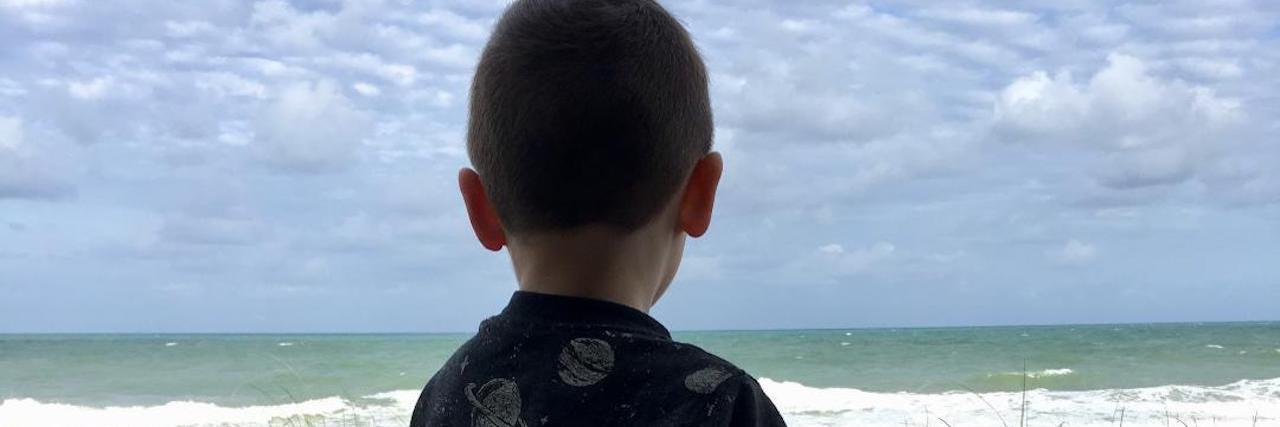My son is 4 and has autism spectrum disorder and ADHD. We are finally in a place where we can breath, even though it’s often very quick, shallow breaths. The first two years were rough. Looking back most of it is blurry and hard to recall. The mind has a kind way of often smearing our most difficult experiences.
While I wouldn’t have him any other way, autism and all, his life is nothing close to what we in the autism community refer to as “neurotypical,” meaning someone who is not on the autism spectrum. Often well meaning family and friends say things like, “he looks totally normal” or “even kids without autism have meltdowns” or “lots of 4-year-olds are picky eaters,” and the list goes on. If you have a child with autism, you know what I am talking about. People trying to normalize what is different.
They think they are being helpful or supportive. But they’re not. When someone minimizes autism it strips away all the thousands of hours of hard work that the person with autism, their doctors, their therapists and their family members have put in and more than likely will have to continue to put it for years.
When you minimize my son’s autism it means the 30 hours a week of ABA therapy he attends while his same age peers attend preschool seems excessive and unnecessary. Yet without therapy he may have never starting speaking. Without therapy he may never have gotten potty trained. Without therapy he may never have learned how to play with a friend.
Minimizing his autism means that when we attend a birthday party and he looks to be blending in with the “neurotypical kids” he hasn’t lost his autism. He is simply having a good day and we worked hard to get there.
Minimizing his autism means that you may not understand when you see us at a theme park why he is tethered to me. People with autism often don’t recognize danger and may wonder off. I have to keep him safe. We are working so hard to teach him to stay close to us, but he’s not there yet.
Minimizing his autism means that when we have to say no to things it’s not because we want to. It’s because we know our child won’t be successful in that setting. It could be the time of day, the location or the distance. As the parents of children with autism we have to carefully craft successful outings so that our child has good experiences. We must decline what we know won’t work.
What you don’t know is that autism spectrum disorder can impact nearly every single aspect of a person’s life. The most obvious are difficulties with social interactions, problems with verbal and nonverbal communication and obsessive and repetitive behaviors. But autism often has co-existing conditions such as ADHD or anxiety. In addition, up to 80 percent of people with autism experience some restrictive eating resulting from causes such as sensory aversions, the inability to recognize the symptoms of hunger or side effects of medications. People with autism often have sensory processing issues meaning sensory input such as sights, sounds, textures, tastes and noises can get jumbled in their brains causing sensory overload. And this is literally a small snapshot of what someone with autism, including my child, deal with every single day of their life.
When you see someone with autism having a good day remember this: they still have autism. They will always have autism. They likely will always need to work very hard at things that come easy for most people.
When we are out in the community or with friends or family and my son is doing well, the best thing anyone can say to me is, “Wow, he is really having a good day today!” That is what I need to hear.
“Acceptance is the greatest gift you can give autism.” — Stuart Duncan

